CCPA: What is Opt-Out Preference Signal (OOPS)
UniConsent
Table of contents
In an important step to simplify consumer privacy, California has introduced an opt-out preference signal (OOPS) in the California Consumer Privacy Act (CCPA) (https://www.uniconsent.com/ccpa). The newly proposed legislation under AB-3048 passed on August 27, 2024, sponsored by the California Privacy Protection Authority (CPPA), will enable consumers to opt-out of the sale and sharing of their personal information across multiple websites in a single, seamless operation.
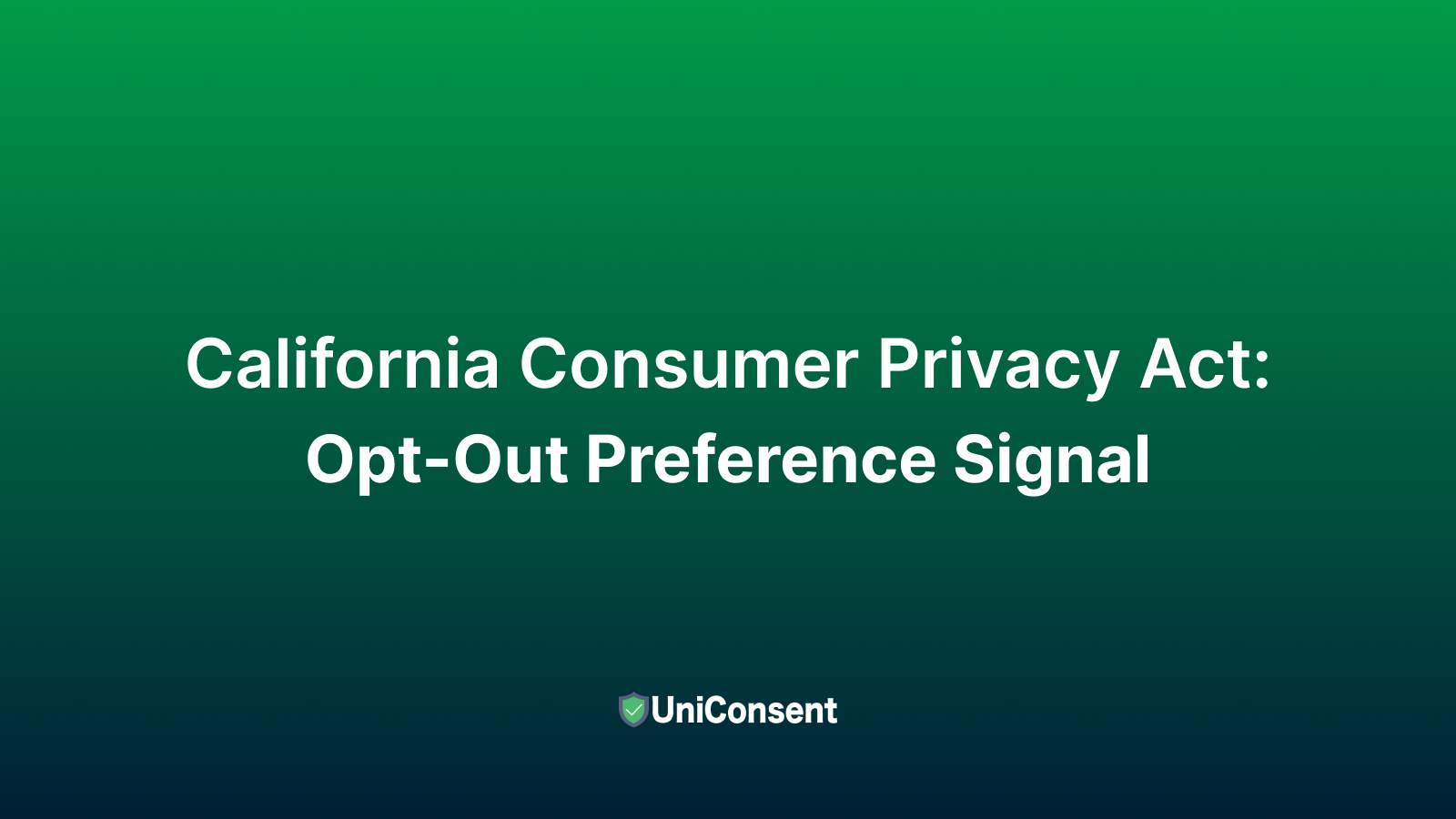 California Consumer Privacy Act: Opt-Out Preference Signal
California Consumer Privacy Act: Opt-Out Preference Signal
What is Opt-Out Preference Signals (OOPS)?
Opt-Out Preference Signals (OOPS) provide a convenient and automated way for consumers to exercise their right to opt out of the sale and sharing of their personal data across all businesses they interact with online. Rather than submitting individual opt-out requests to each business, OOPS enables users to communicate their preferences in one seamless action.
As of February 26, 2024, the California legislature has introduced AB-3048, which would require all major browsers and mobile operating systems to support "opt-out preference signals" such as Global Privacy Control (GPC). This feature allows users to automatically express their privacy preferences, such as opting out of the sale of personal information, through browser settings.
The bill makes it easier for consumers to exercise their rights under the CCPA by ensuring that businesses respect these opt-out signals. Companies like Google Chrome, Apple Safari, and Microsoft Edge will soon be required to integrate OOPS features, making it easier for Californians to protect their personal data while browsing the web.
The Legal Framework
Once signed into law, AB 3048 will require browsers and mobile operating systems to natively support OOPS by January 2026. The bill mandates that businesses must recognize these signals as valid requests to opt out of data sales or sharing under CCPA regulations.
This change will put California at the forefront of privacy initiatives in the U.S., with the potential to influence similar measures nationwide.
What Does This Mean for Businesses?
Businesses will need to adapt to the new requirements, ensuring their systems can recognize and respect Opt-Out Preference Signals. For companies, it’s not just about compliance—it's about reinforcing consumer trust and providing transparent privacy practices.
The shift towards OOPS aligns with growing expectations for privacy-first operations in the digital age. Companies that adopt this approach will differentiate themselves in a competitive market by prioritizing user consent and data protection.
For more details on how UniConsent supports Global Privacy Control (GPC), get in touch with us today at hello@uniconsent.com.
About UniConsent
UniConsent is part of Transfon's privacy-first User Experience Platform, which serves millions of users daily. We offer seamless solutions to help publishers and businesses manage user consent and ensure compliance with privacy laws like GDPR and CCPA. For more information, contact us at hello@uniconsent.com.
Activate Google Consent Mode UniConsent to enhance the accuracy of your Google Analytics and Google Ads conversion data.
Set up Google Consent Mode →Get started to make your website and application compliant for EU GDPR, US CPRA, CA PIPEDA etc
Sign upConsent Management Platform Resources
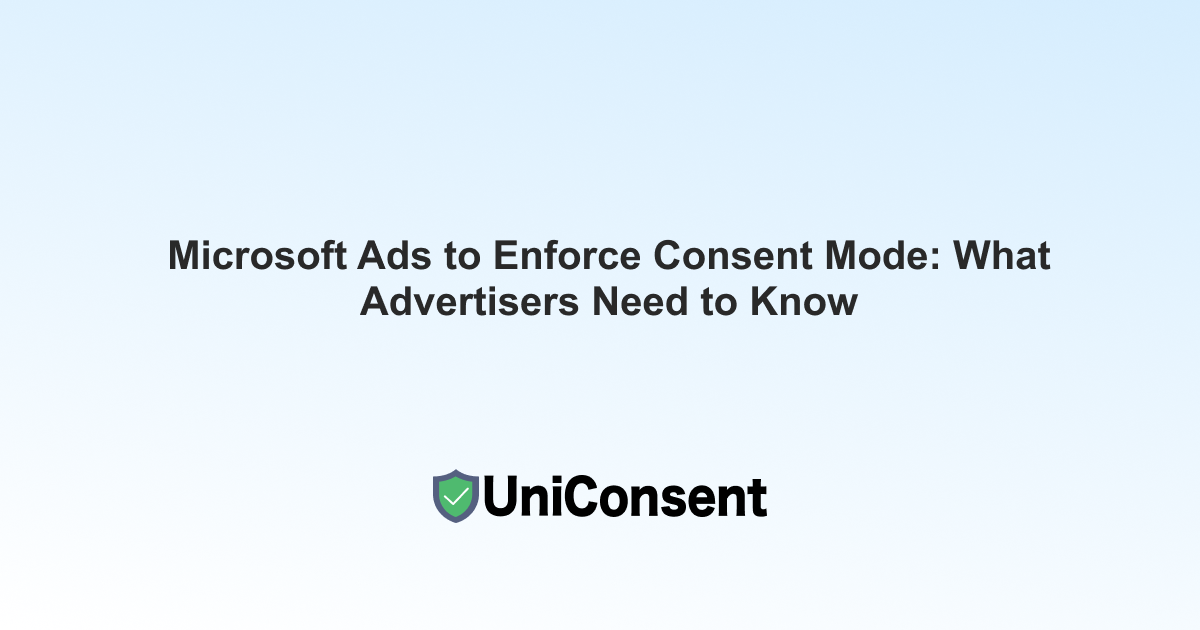
Microsoft Ads to Enforce Consent Mode: What Advertisers Need to Know
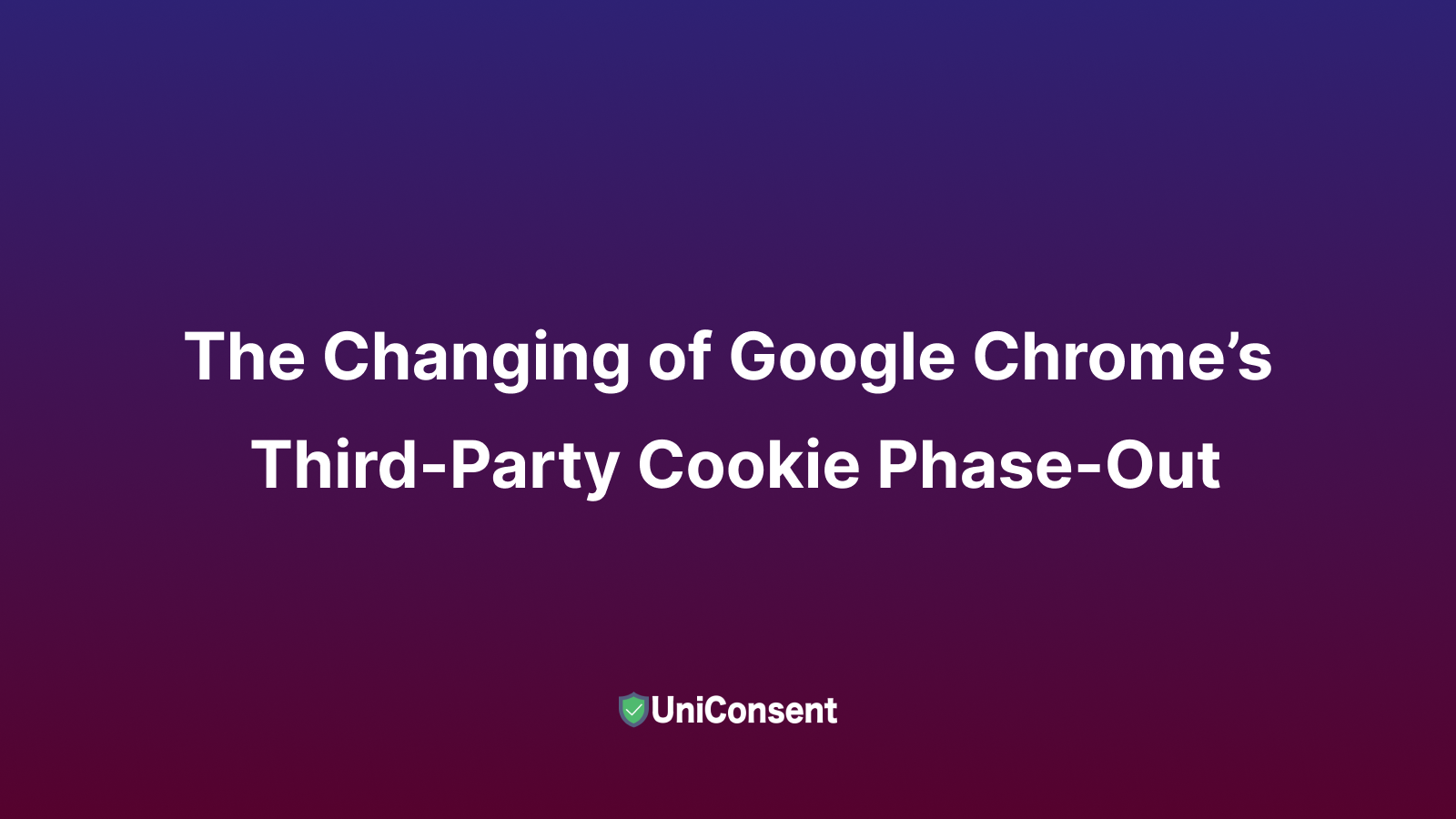
The Changing of Google Chrome’s Third-Party Cookie Phase-Out
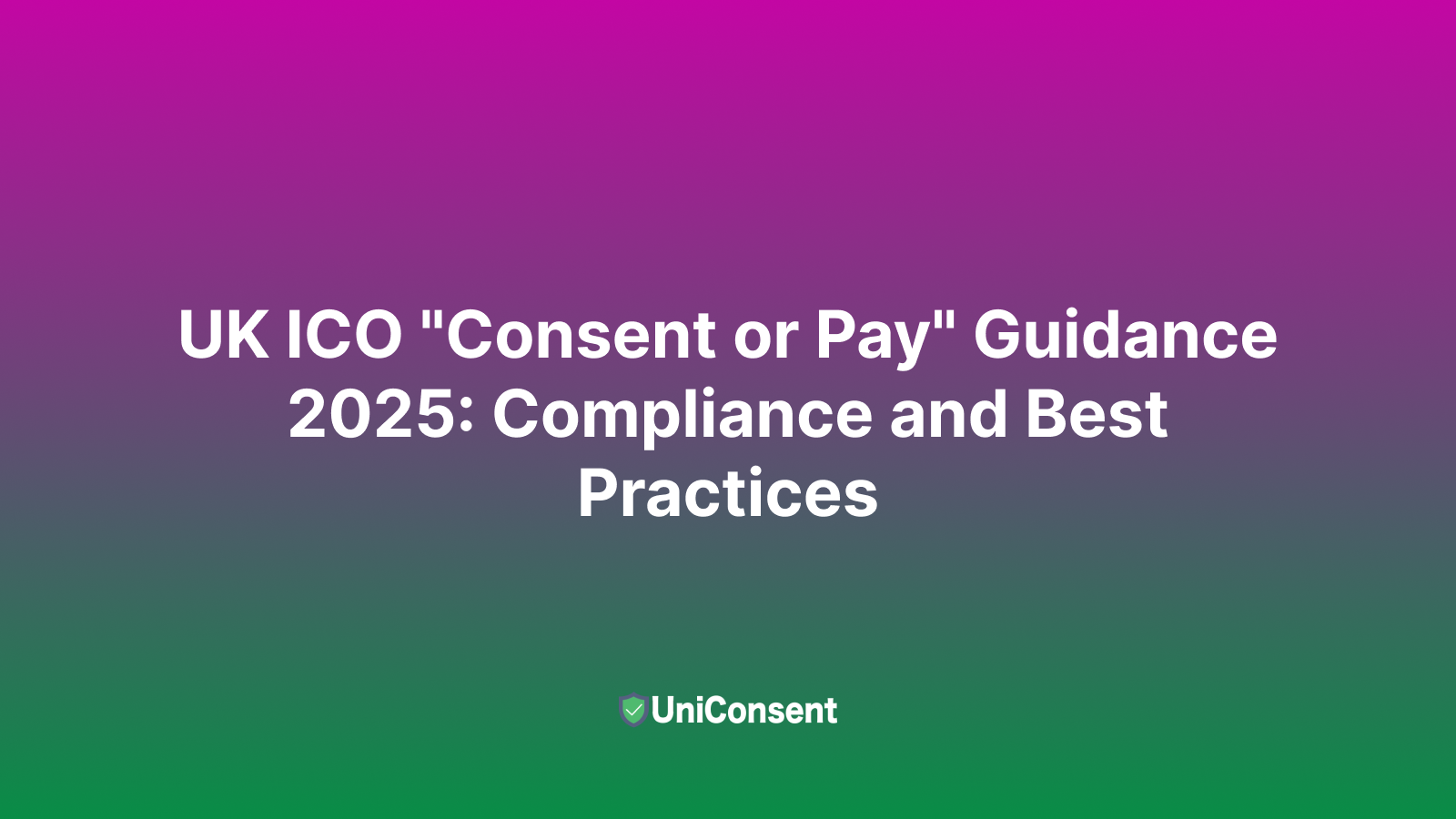
UK ICO "Consent or Pay" Guidance 2025: Compliance and Best Practices
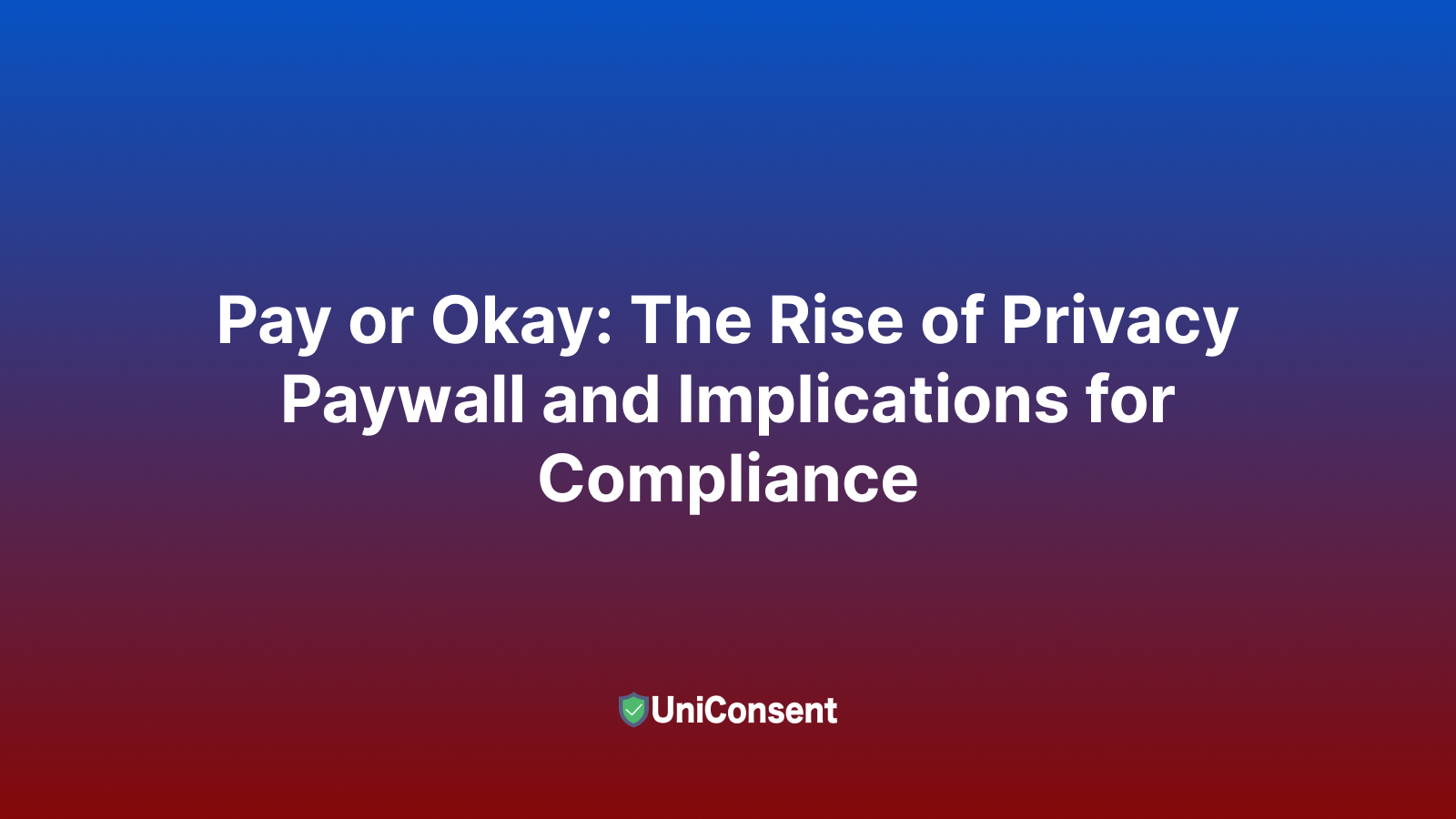
Pay or Okay: The Rise of Privacy Paywall and Implications for Compliance
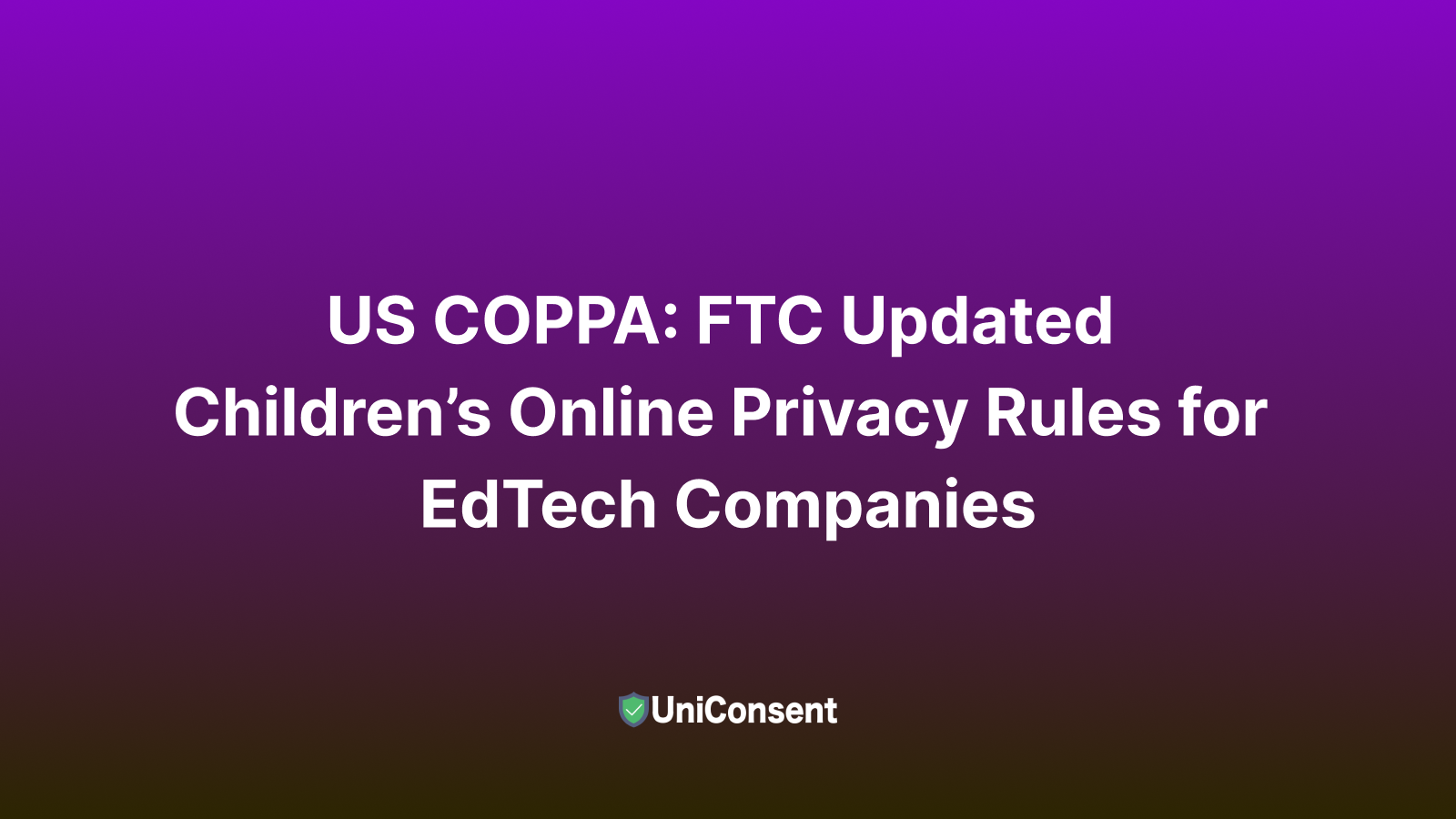
US COPPA: FTC Updated Children’s Online Privacy Rules for EdTech Companies
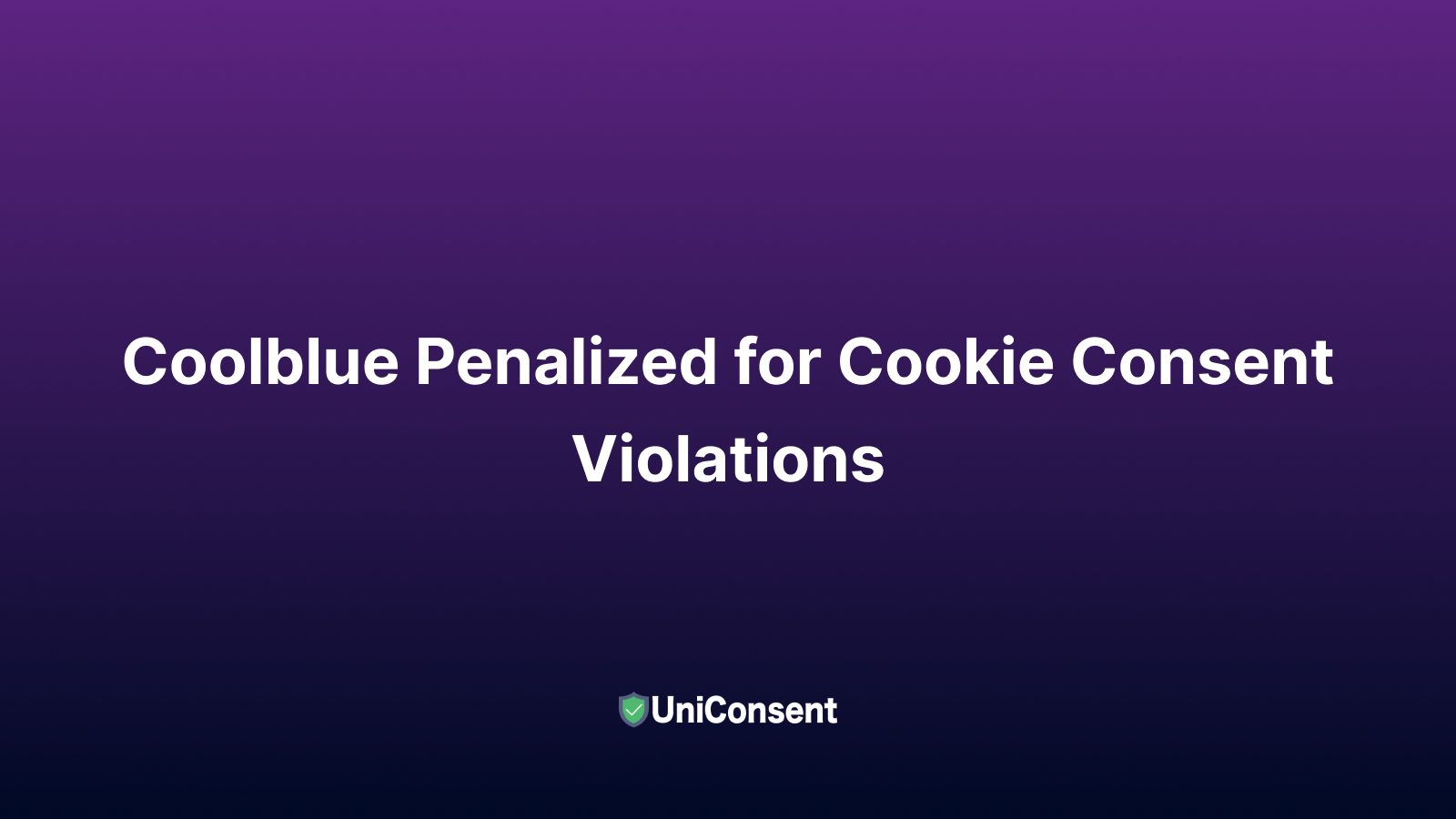
Coolblue Penalized for Cookie Consent Violations
Get started to make your website and application compliant for EU GDPR, US CPRA, CA PIPEDA etc
Sign up